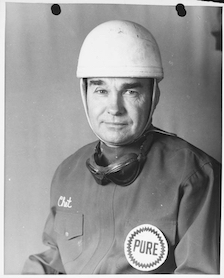Strategies to get a handle on all your digital stuff: Project planning and management
Admittedly, I spend more time thinking about project management than I would like, sometimes to the detriment of actually getting stuff done. On the other hand, I have realized that the processing through the organizational issues helps me to map out and articulate what it will take to complete a particular project. Since I've found the workflows and tools posts from other professionals helpful, I'll share my approach and hope that this helps someone else besides me.

